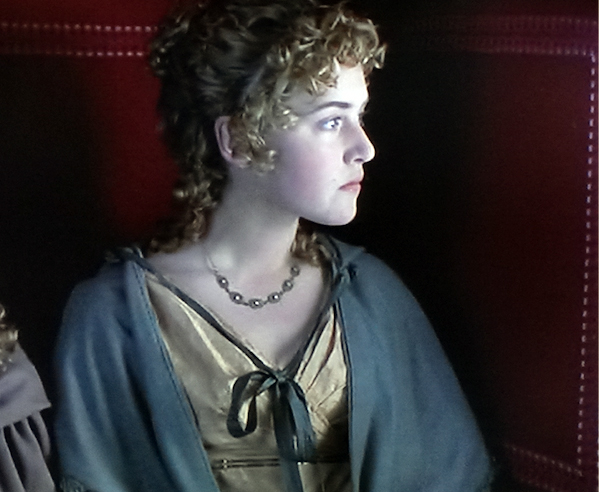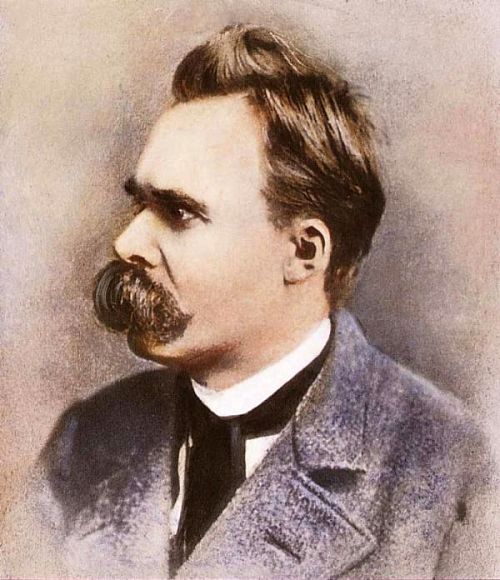In three sessions, at midnight I once again watched the 1995 film Sense and Sensibility.
I think a priest of the holy words should see it, say, every two years. Of the eleven films I recommend, this is one of my three favourites, in that it visually depicts the ethnostate we must reach: After the extermination of the Neanderthals, a world with diminished technology, without a single non-white or mudblood (as in the film), where it is possible to court English roses as the axis around which all culture revolves.
I watched the film before going to bed. There were several times in the evenings that I couldn’t credit the beauty of the actresses’ white skin, as white as snow. If Eros is the dialectical force behind all this metaphysical theatre of the fourteen words, the only thing I can say about the absence in the racial right of these images is that we are in the Christian era. Remember: it was in the Greco-Roman world and in the Italian Renaissance that the Aryan figure triumphed in the most splendid palaces and public places, something that ended when Christianity prevailed again after the Reformation and Counter-Reformation.
Among the commenters, only one Englishman observed several years ago that I was the only one in the racialist blogosphere who kept harping on and on about the beauty of the Aryan woman. As those of you who visited this site when it was hosted by WordPress will remember, there were paintings of ethereal nymphs on the sidebar that motivated me to keep writing.
If, as Jung said when Hitler was in power, there are two collective unconscious, one Jewish and another Aryan, the collective unconscious that has currently taken possession of the white soul is undoubtedly the Jewish one. Otherwise we would already be seeing, everywhere, representations of Aryan beauty in non-commercial but religious and political contexts, as we could in the streets and temples of Greece and Rome.
As I hadn’t seen Sense and Sensibility for a while, I think I’ll watch Pride and Prejudice, filmed a decade later, for the next few midnights…


